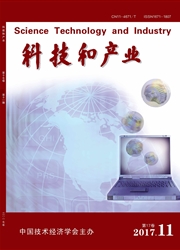

 中文摘要:
中文摘要:
非市场经济地位引致的替代国作法极大地增加了中国企业遭受国外反倾销措施的风险。美国、欧盟等主要贸易伙伴在2016年以后是否承认中国市场经济地位,不仅取决于如何解读《中国加入议定书》第15条等相关法律条款,而且受经济、政治等多种因素影响。综合考虑以上因素,2016年年末美国、欧盟自动承认中国市场经济地位的可能性不大。中国要获得美欧对市场经济地位的认可,除了要继续推进市场化改革以外,还要在全球政治经济格局大背景下,统筹考虑,创造机会,督促欧美尽早承认中国的市场经济地位。
 英文摘要:
英文摘要:
The surrogate-country practice which takes non-market economy status as an excuse has greatly increased the risk of Chinese companies suffering the anti-dumping measures. Whether the U.S. and the European Union would admit the market economy status of China depends not only on how they interpret the Article 15 in Protocols on the Accession of China, but also will be affected by many factors, including those concerning economy and politics. Considering all these, the possibility that the U.S. and the European Union would automatically admit the market economy status of China at the end 2016 would be rather small. If China aims to obtain the recognition of the U.S. and the European Union on its economic market status as soon as possible, in addition to advance its marketization reform, China should also urge them on admitting China’ market economy status through overall consideration and by creating opportunities actively under the background of the current global political and economic situation.
 同期刊论文项目
同期刊论文项目
 同项目期刊论文
同项目期刊论文
 期刊信息
期刊信息
